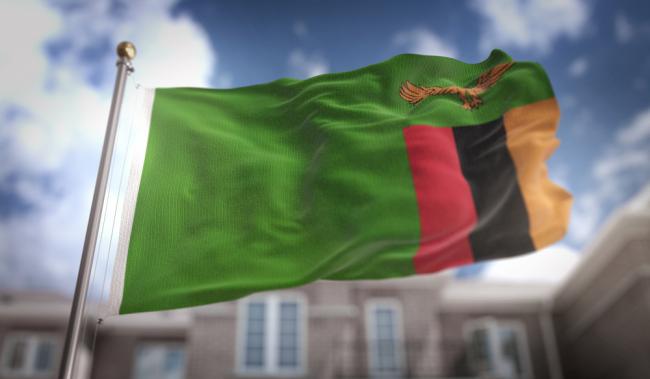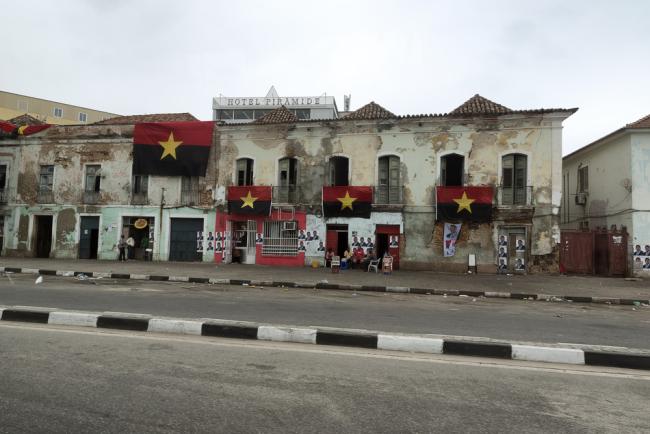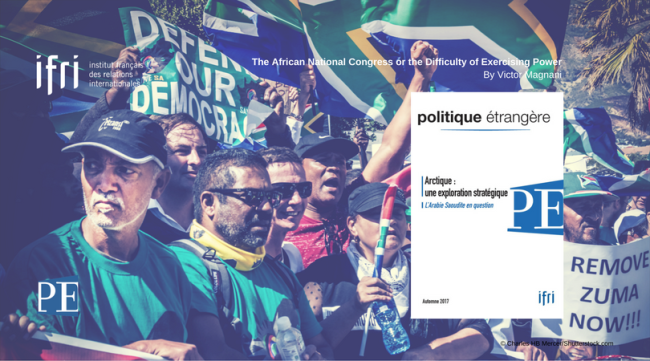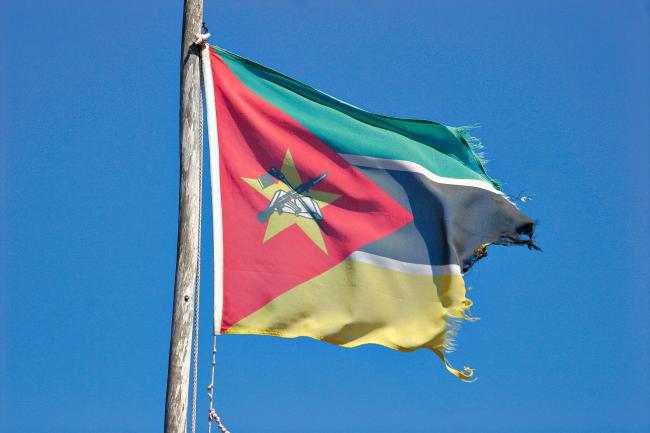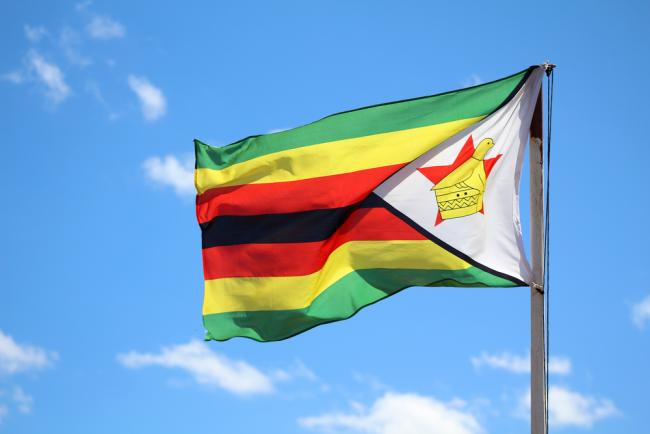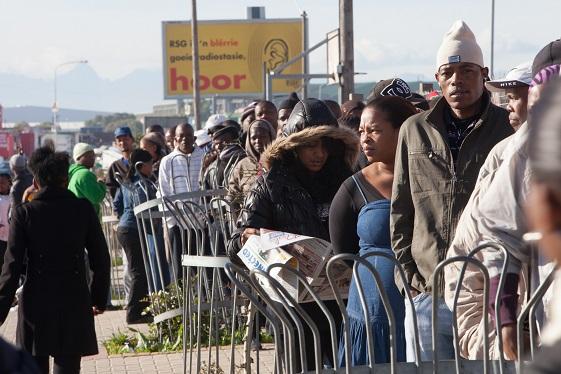Southern Africa
Southern Africa, a strategic region rich in natural resources, is studied through its electoral processes, its security challenges and the relations of the states that make it up with their partners.
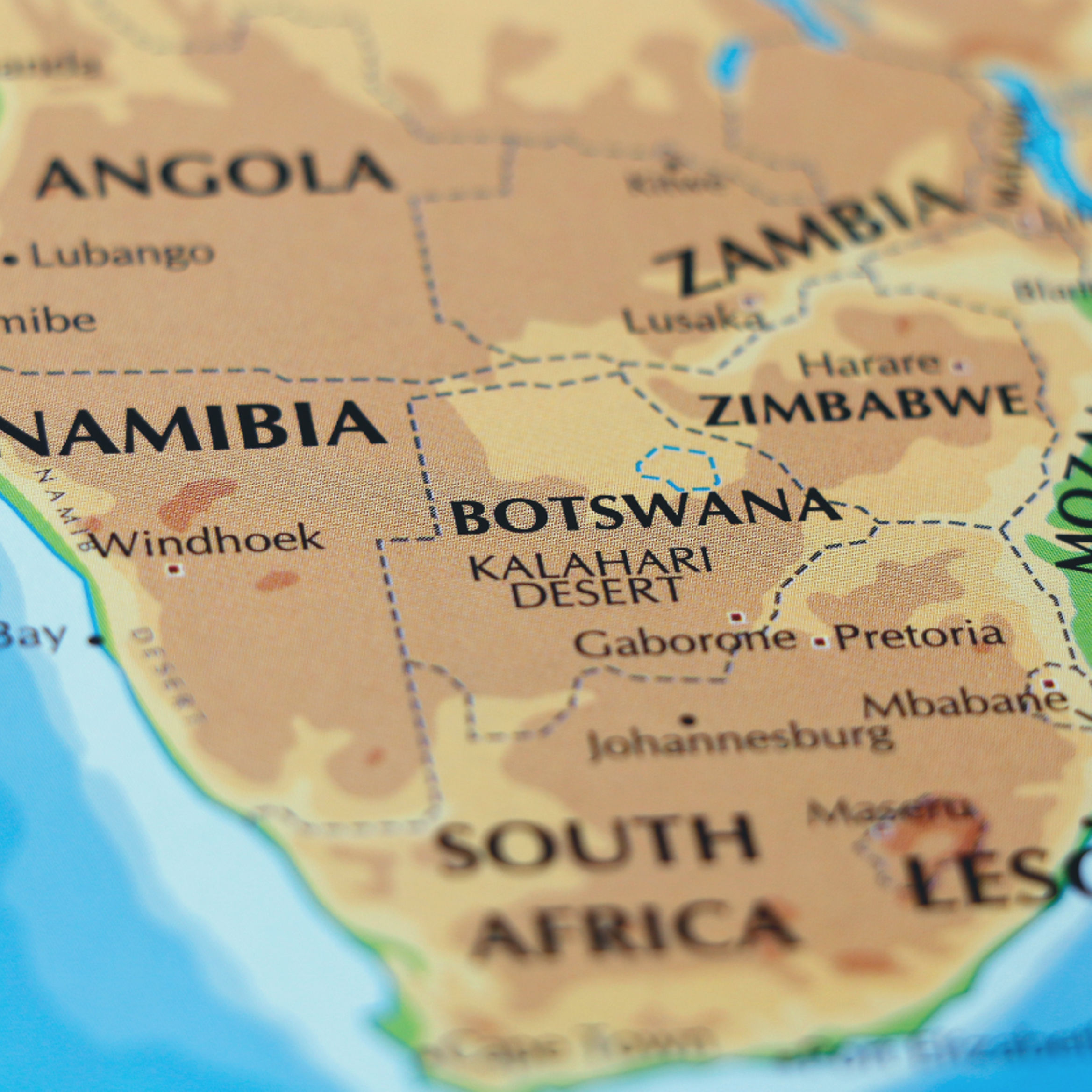
Malawi: The Road to the 2019 Tripartite Elections. Reflections on Corruption, Land and Multiparty Politics
On May 21st 2019, Malawi will hold its tripartite elections, where voters will vote for the President, Members of Parliament and local Councillors. 2019 will also mark the 25 years of multiparty politics in Malawi since the one-party regime presided by Hastings Kamuzu Banda came to an end in 1994.
Corruption, Ethnicity and Violence as a Triple Political Strategy. The Changing Face of Politics in Zambia
Recently, Zambian politics have been changing in a pretty checkered manner. The threat of corruption, political violence and ethnic-politics has been growing since the ruling Patriotic Front Party (PF) assumed power in 2011.
Angola under Lourenço. Towards a Negotiated Hegemony
In a matter of months, Luanda politics became unrecognizable. The reasons why, and the ways in which, João Lourenço, President of Angola since september 2017, proceeded to these substantial and unexpected changes will be analyzed in detail in the pages that follow.
Is South Africa at Risk? A Political Economy Analysis
The President, Jacob Zuma, replaced his respected Minister of Finance, Pravin Gordhan, on the 30th March 2017. It was the second attempt in two years (this time successful) to put an official in this key position who is "acquiescent" to the president's projects.
Zimbabwe in Dubious Battle: The Unexpected Consequences of Western Sanctions
The aim of this paper is to assess how an African country deals on the long run with the decline of international aid and foreign direct investment. This paper is a contribution to the debate about the effectiveness of the international sanctions system.
The African National Congress or the Difficulty of Exercising Power
The African National Congress (ANC), which has governed South Africa since the end of apartheid, is in decline.
The Resurgence of Conflict in Mozambique. Ghosts from the Past and Brakes to Peaceful Democracy
2016 proved to be a most challenging year for Mozambique. Small-scale conflict, which started reappearing between the government and the opposition party, the Mozambican National Resistance (Renamo), in 2013, intensified over the course of the year, whilst peace negotiations stalled.
Madagascar Dealing with Multi-Faceted Crime
Has Madagascar really emerged from the crisis which started in 2009? In purely formal terms, it is customary to consider that the December 2013 presidential election ended a political sequence of relative institutional paralysis since the coup in March 2009 and the transitional regime then put in place.
Robert Mugabe in Zimbabwe: the Endgame?
The descent into the morass of failure seems relentless for a country that used to be, at the aftermath of its independence in 1980, the “jewel in Africa” to be carefully preserved, as former Tanzanian President Julius Nyerere advised an acclaimed Mugabe ascending into power.
South African Local Elections 2016. From One Party Dominance to Effective Plural Democracy
The South African political landscape experienced a shock from an unlikely source; the country’s local government elections on August 3, 2016 representing the last tier of government and often overlooked in favour of national and provincial polls.
Support independent French research
Ifri, a foundation recognized as being of public utility, relies largely on private donors – companies and individuals – to guarantee its sustainability and intellectual independence. Through their funding, donors help maintain the Institute's position among the world's leading think tanks. By benefiting from an internationally recognized network and expertise, donors refine their understanding of geopolitical risk and its consequences on global politics and the economy. In 2025, Ifri supports more than 80 French and foreign companies and organizations.









